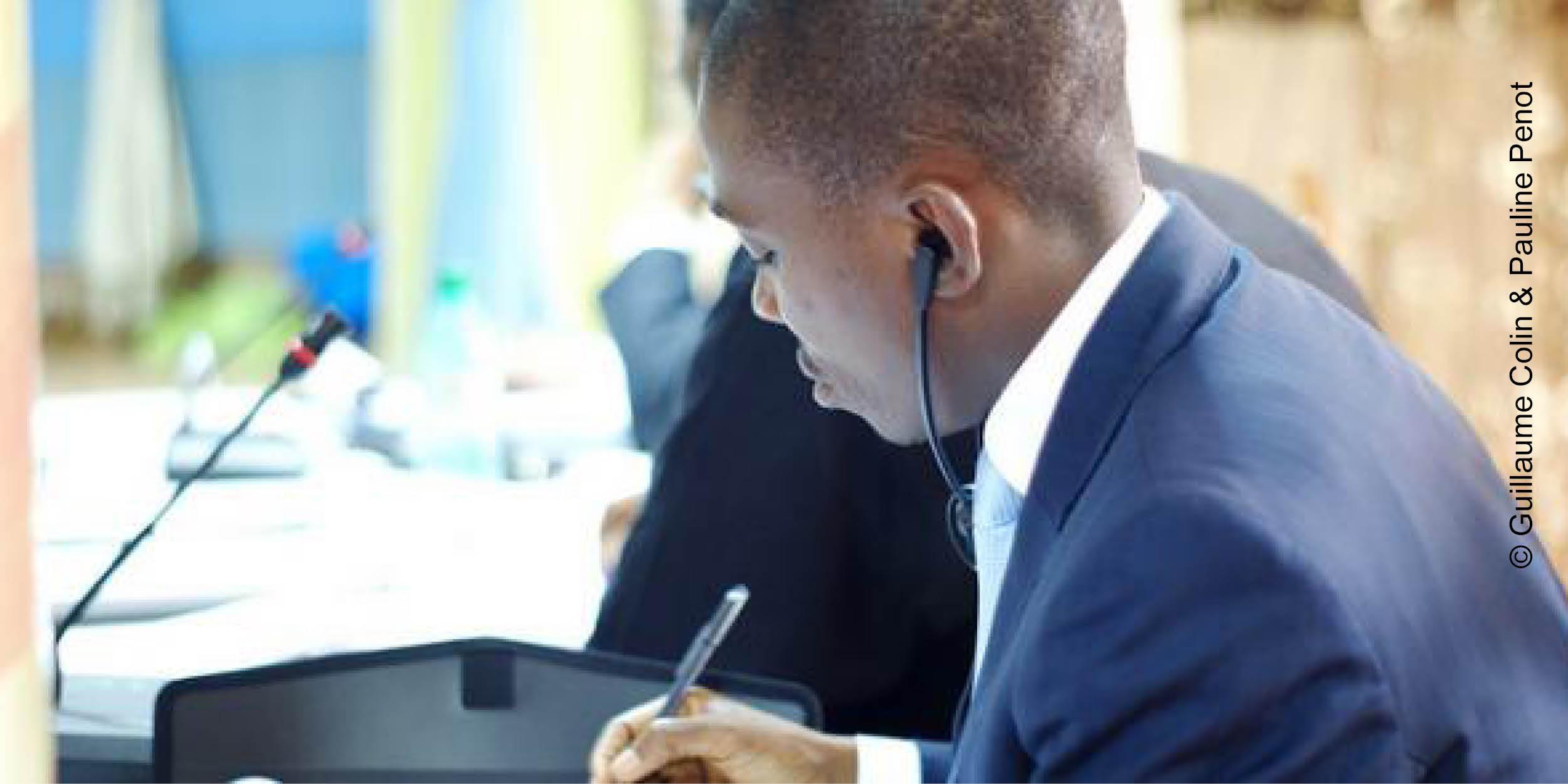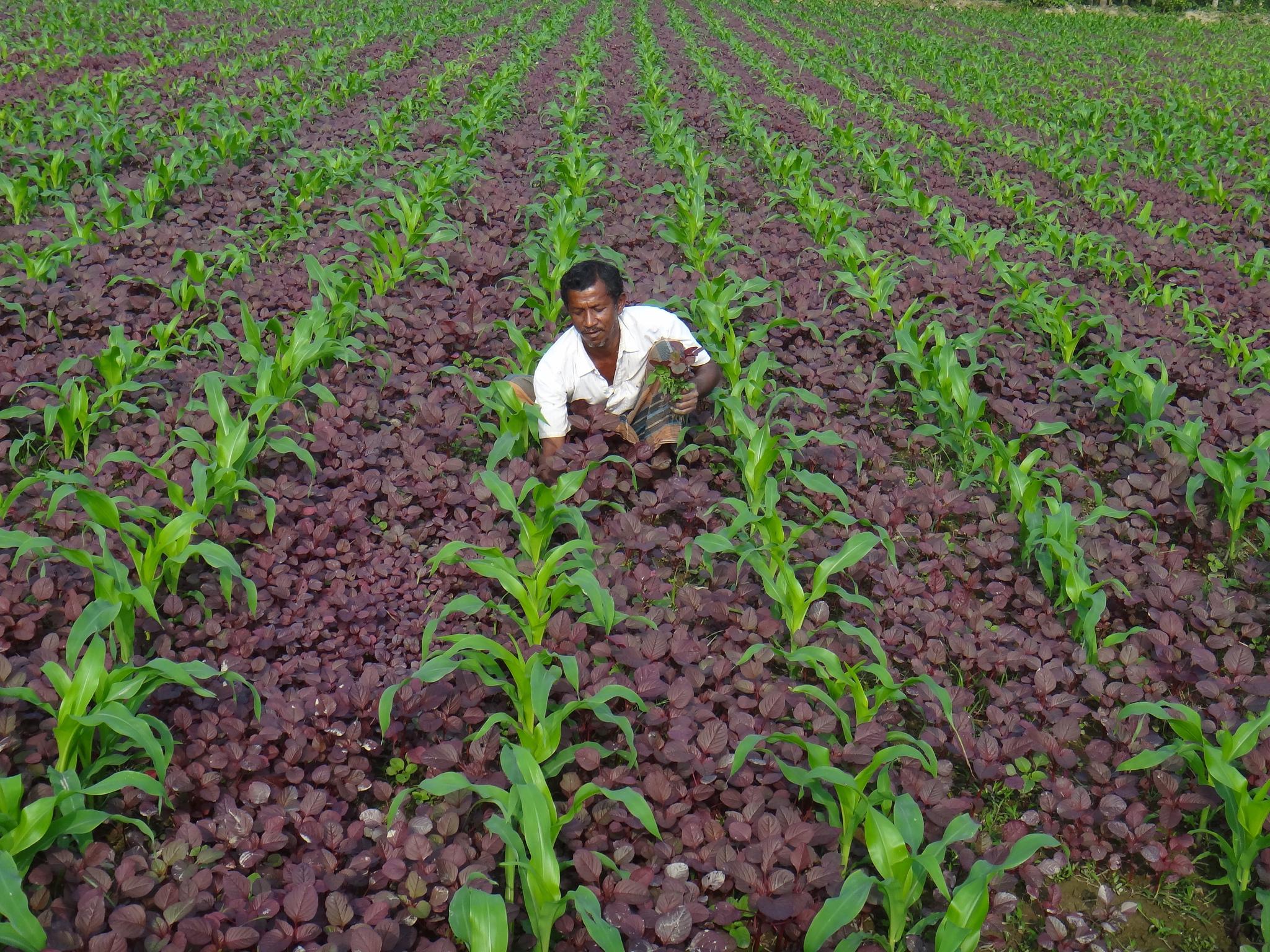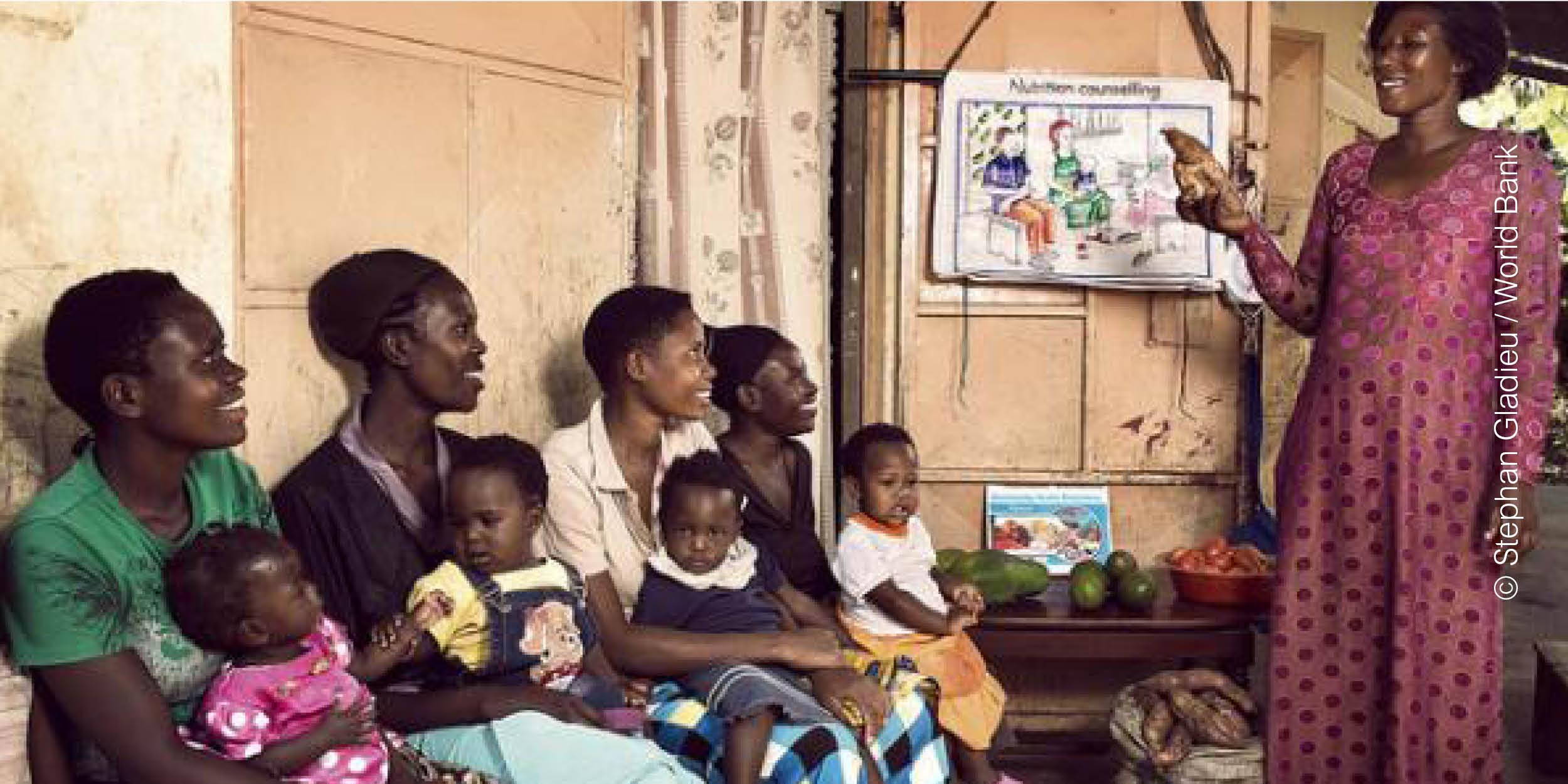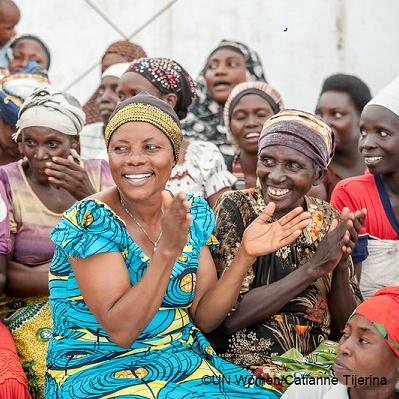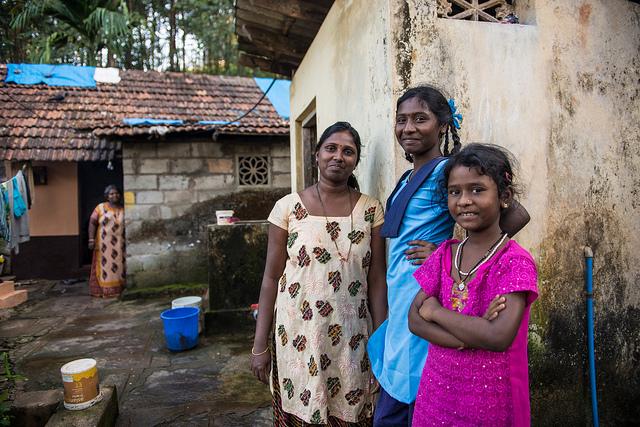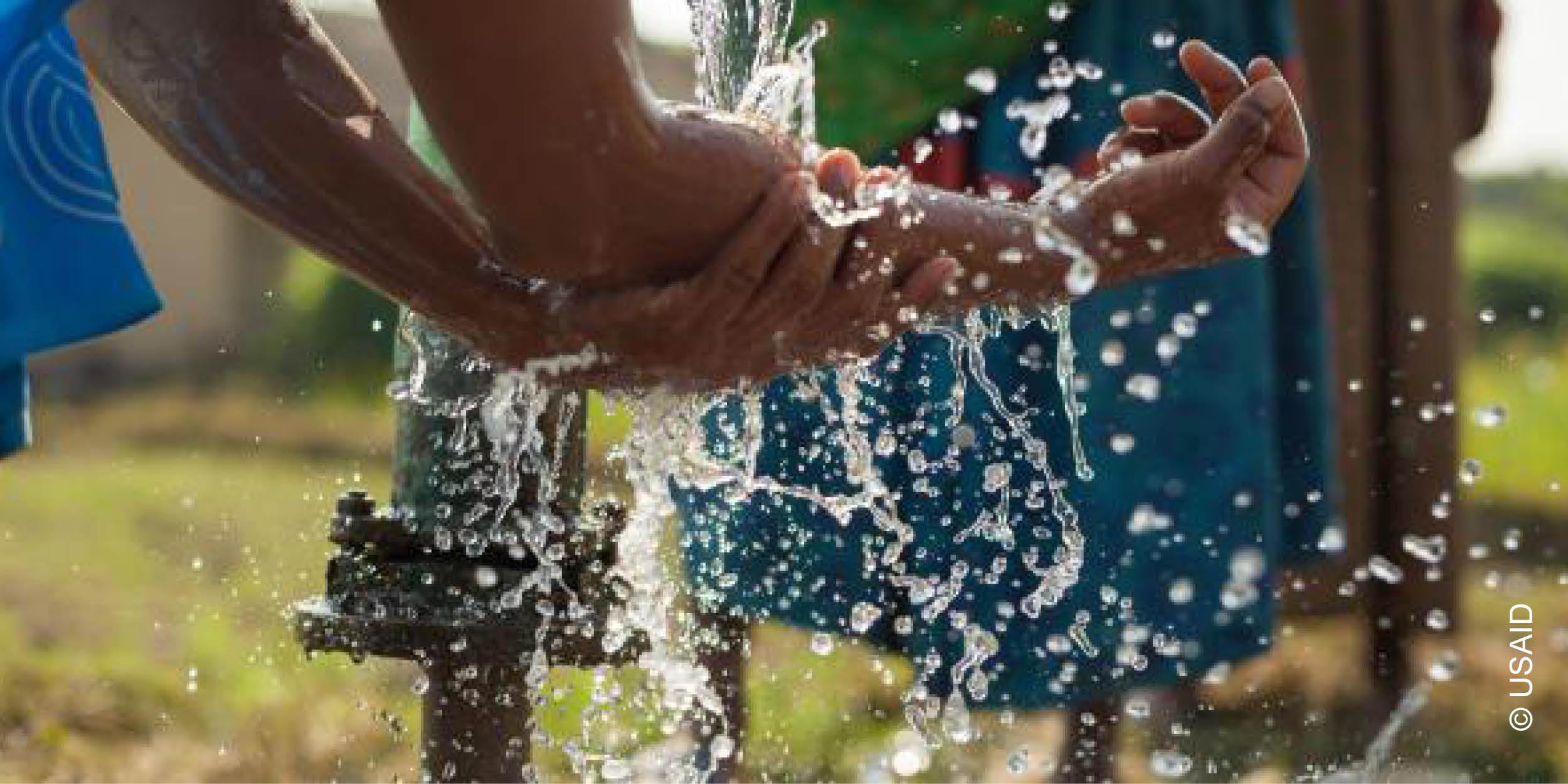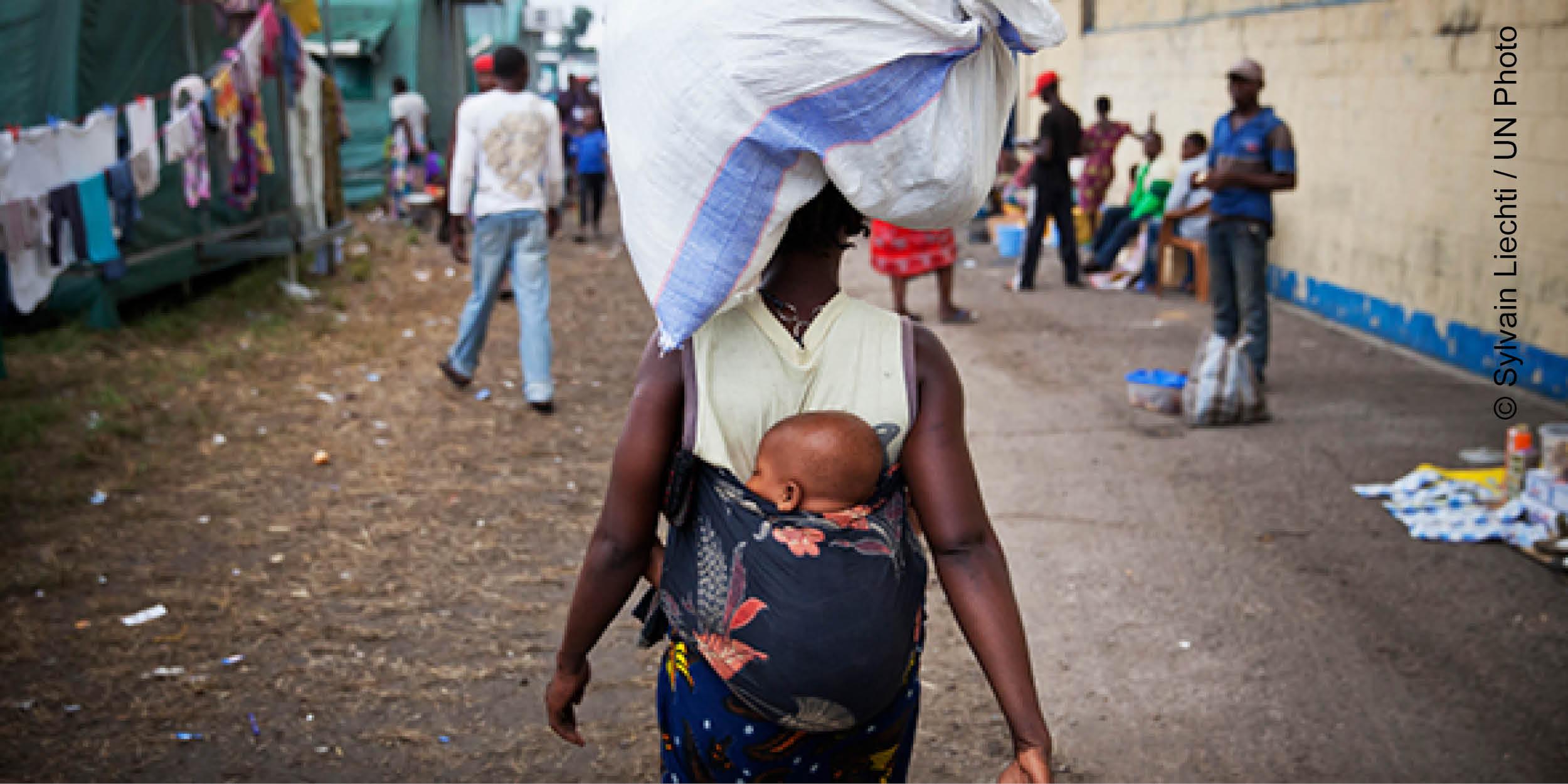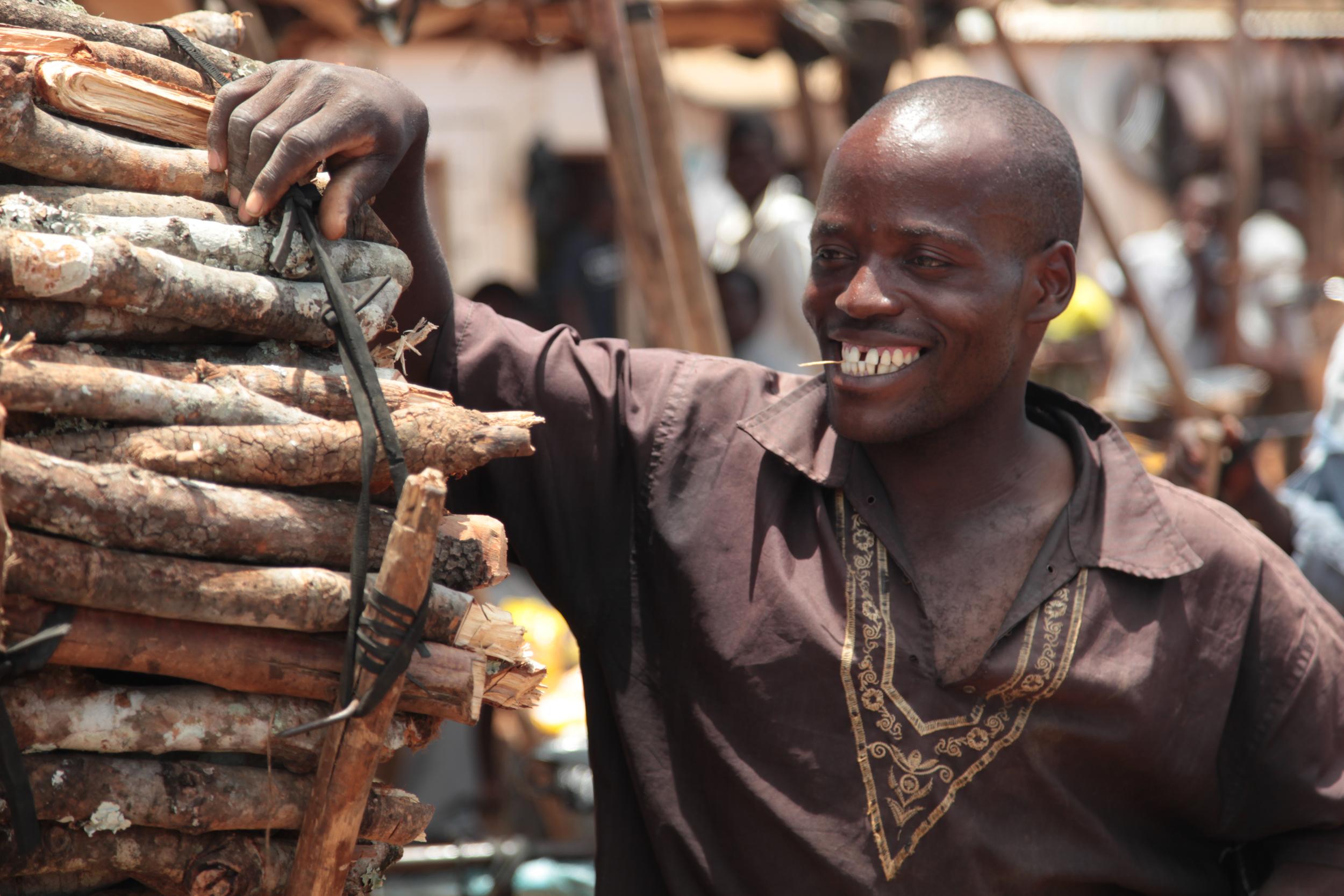West Africa Capacity-building and Impact Evaluation
The West Africa Capacity-building and Impact Evaluation (WACIE) program is a regional initiative that supports and promotes the culture of evidence-informed decision-making among high-level policymakers across eight countries of the West African Economic and Monetary Union (WAEMU): Benin, Burkina Faso, Côte d’Ivoire, Guinea-Bissau, Mali, Niger, Senegal and Togo.
